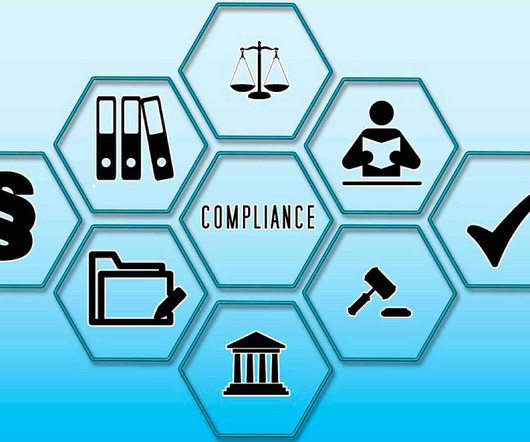Can You Decrease Credit Card Interchange Fees?
Stax
NOVEMBER 15, 2023
They significantly impact the cost of accepting card payments. Understanding interchange fees enables merchants to effectively manage processing costs, negotiate better rates, make informed decisions about card acceptance, and ensure compliance with payment industry standards.












Let's personalize your content